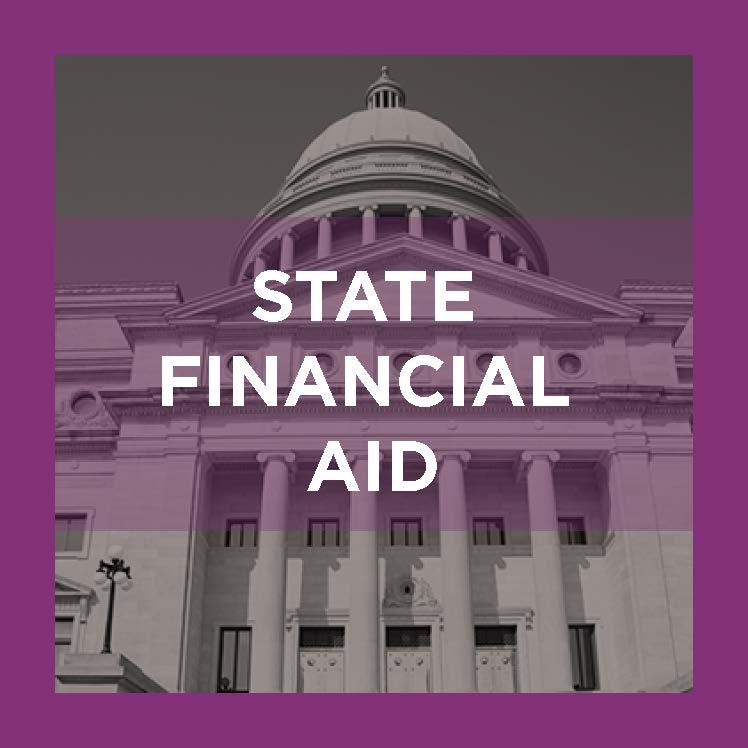Broadband access discussions are increasing across the country. At the state and local levels, leaders are expressing the need for adequate broadband services to improve economic development and increase educational opportunities. Many communities lack access to broadband affecting students at the K-12 and postsecondary levels.
Broadband may be restricted by geography and the low adoption – or use – of service subscriptions, factors highlighted by Education Commission of the States in prior work. Efforts to expand K-12 and postsecondary learning opportunities, particularly for adults, low-income populations, racial/ethnic minorities and geographically isolated student groups can be negatively impacted by limited access to broadband. The unequal distribution of access to adequate broadband is getting attention from state leaders. Education Commission of the States’ tracking of education-related proposals from governors’ annual State of the State addresses, indicates that eight governors specifically mentioned improving access to broadband and/or high speed internet in their 2017 State of the State address. State of the State addresses in Arizona, Colorado, Indiana, Kansas, Montana, Nevada, South Carolina and Wisconsin highlighted the need for increasing broadband coverage across the state.
At the local level, municipal broadband networks can provide affordable high-speed broadband access to communities that otherwise would not have access. However, laws in more than 20 states restrict or prohibit local governments from building their own broadband networks resulting in restrictions for cities and towns to compete against private internet service providers and ultimately provide affordable broadband to consumers.
At least three states introduced legislation in 2017 concerning municipal broadband. In Virginia, H.B. 2108 sets conditions and operating requirements that must be met in order for localities to own and operate a broadband or internet communication system. Opponents of the bill say it will limit municipal broadband initiatives. Proponents believe the legislation will prevent mismanagement of government owned networks. A similar bill in Missouri, S.B. 186, modifies the authority of local governments to offer communications services and prohibits municipal broadband.
In contrast, Colorado introduced S.B. 042, which repeals the existing restriction on the ability of a local governments to provide broadband. Currently, local governments are prohibited from providing high-speed internet access without first seeking voter approval. The bill repeals the restriction and allows local government to provide high-speed internet and other telecommunications services without having to obtain voter approval. A total of 95 counties and municipalities in the state of Colorado have voted to opt-out of local government restrictions concerning broadband and say “yes” to municipal broadband. The bill was postponed indefinitely by the Senate Committee on Business, Labor, & Technology on Feb. 13, 2017.
Internet access is an essential infrastructure necessary for economic development and educational opportunities. Access to adequate internet is not equally distributed among all communities. In some states, leaders are making improving access to broadband a top priority. While in other states, the debate of municipal broadband continues.







